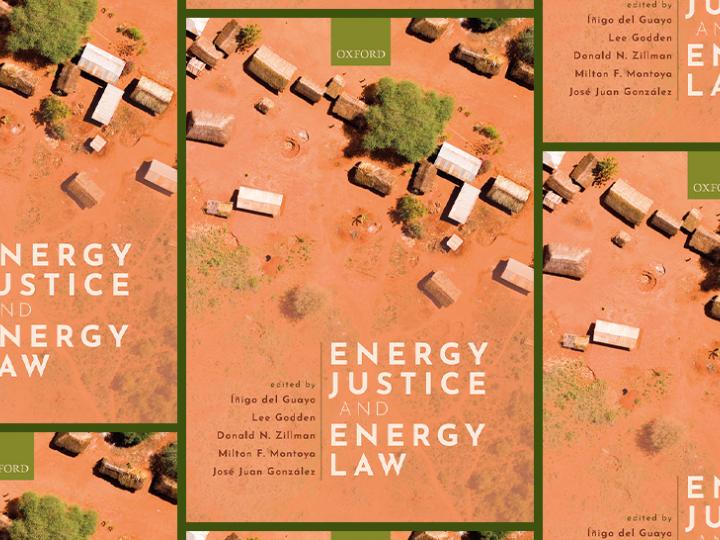Now available, Energy Justice and Energy Law, edited by ALI member Donald N. Zillman of the University of Maine School of Law (Retired), Iñigo del Guayo, Lee Godden, Milton Fernando Montoya, and José Juan González.
This edited collection explores four kinds of energy justice: distributive, procedural, reparation (or restorative), and social.
Energy justice has emerged over the last decade as a matter of vital concern in energy law, which can be seen in the attention directed to energy poverty, and the United Nations Sustainable Development Goals. There are energy justice concerns in areas of law as diverse as human rights, consumer protection, international law and trade, and in many forms of regional and national energy law and regulation.
This edited collection explores in detail at four kinds of energy justice. The first, distributive justice, relates to the equitable distribution of the benefits and burdens of energy activities, which is challenged by the existence of people suffering from energy poverty. Secondly, procedural (or participation) justice consists of the right of all communities to participate in decision-making regarding energy projects and policies that affect them. This dimension of energy justice often includes procedural rights to information and access to courts. Under the concept of reparation (or restorative) justice, the book looks at even-handed enforcement of energy statutes and regulations, as well as access to remedies when legal rights are violated. Finally, the collection addresses social justice, with the recognition that energy injustice cannot be separated from other social ills, such as poverty and subordination based on race, gender, or indigeneity. These issues feed into a wider conversation about how we achieve a 'just' energy transition, as the world confronts the urgent challenges of climate change.
